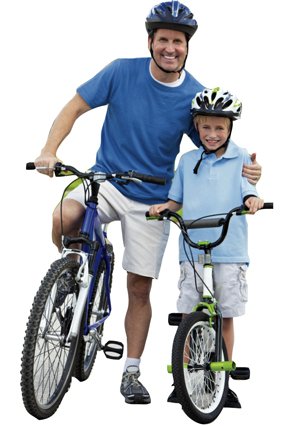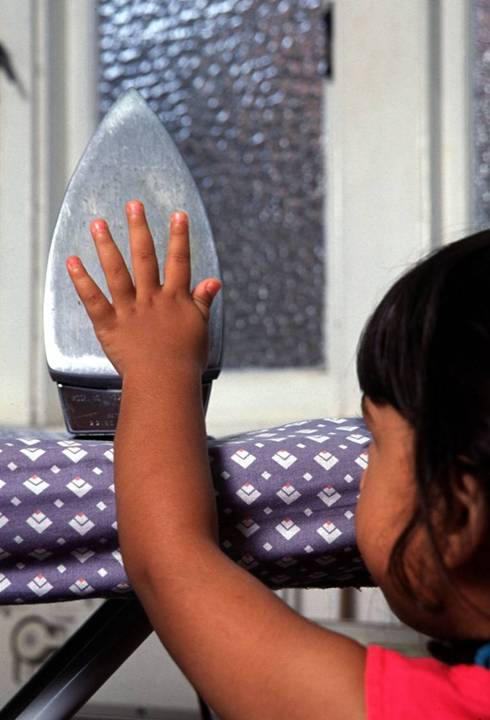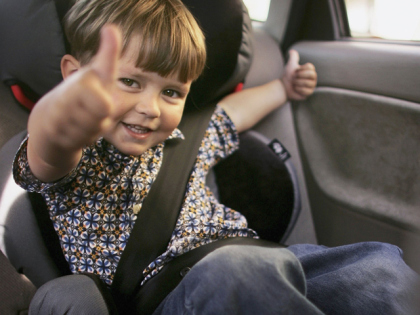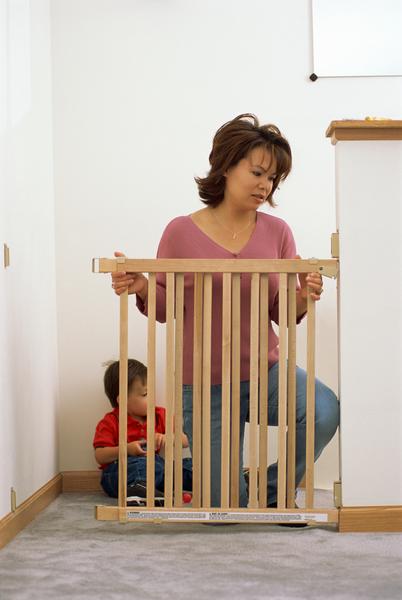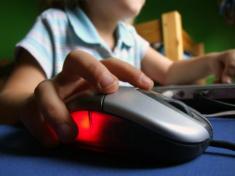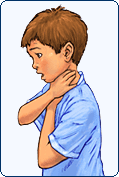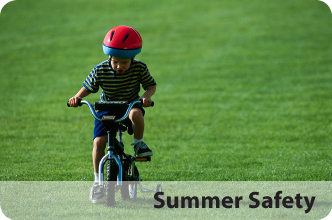 Kids can get into all sorts of trouble if left to their own devices, so it’s up to their parents or guardians to take steps to keep them as safe as possible. The following are some likely places children will be during the summer and safety tips everyone should know.
Kids can get into all sorts of trouble if left to their own devices, so it’s up to their parents or guardians to take steps to keep them as safe as possible. The following are some likely places children will be during the summer and safety tips everyone should know.
- Pools: Nothing says summertime fun like hanging out at the pool, whether it’s in your own backyard, the neighborhood pool or at a friend’s. Steps parents can take to ensure their child’s safety while swimming are:
- Swim lessons: While knowing how to swim won’t always prevent water accidents, this can go a long way toward staying safe in the water. Even very young children can be taught to float. Parents should still supervise their kids in pools, however, and not rely solely on items like water wings to keep their kids safe.
- The buddy system: No one should swim alone, even accomplished swimmers. You never know when a cramp could hit and cripple you in the water. Especially for children, swimming with a buddy can prevent drownings; if one person is in trouble, a friend can go or call for help.
- No horseplay: Running or rough housing around a slippery pool deck can lead to accidents. Make sure your children know that running isn’t acceptable.
- Beaches: For families who want to spend a day or week of vacation at the beach, the same pool safety tips apply, but you’ll also want to make sure your children know:
- To wear a life jacket: If you boat or Jet Ski, wearing life jackets is important. Set a good example by wearing one yourself.
- Home: If both parents work outside of the home and children are old enough to prepare their own meals or surf the Internet, some areas of concern may be:
- Strangers: Children should be taught never to answer the door if their parents aren’t home. Also, if they answer the phone and don’t know who’s on the other end of the line, they shouldn’t say that their parents aren’t home. Saying “they’re not available to come to the phone” is better practice.
- The stove: Only children who are old enough to capably use the stove should be allowed to cook. Even so, because accidents can happen to anyone, they should know where the fire extinguisher is located in the event of a fire and an escape route.
- Internet safety: Many children will spend a lot of their summer vacation online, chatting with friends or playing games. Unfortunately, child predators use the Internet as well, trying to lure children. Make sure your child knows not to divulge any personal information, such as name, address, phone number, city, etc. Also, using a firewall or other computer programs to prevent a child from accessing pornography is a good idea.
- Malls: When children are old enough to walk the malls without their parents, they often relish this independence and want to hang out with their friends. It’s smart practice to discuss mall dangers such as: Strangers: Child predators sometimes lurk around malls, knowing that young kids are susceptible to ruses such as being on television or helping to find a lost pet or friend. Parents should caution their children to avoid anyone they don’t know and never to go off with anyone, whether they know them or not, without their parents’ permission.
- Vacations: If your family goes anywhere during the summer, having a plan in case someone is lost is smart practice. Some parents have a family password, so that if a child wanders off and someone claims to know where the child’s family is and will take him to them, the person has to know the password. Still, it’s better to tell the child to look for a gift shop or information desk and wait there. Discussing all of this beforehand-family passwords and where to go if they get lost-will go a long way toward preventing disasters.

